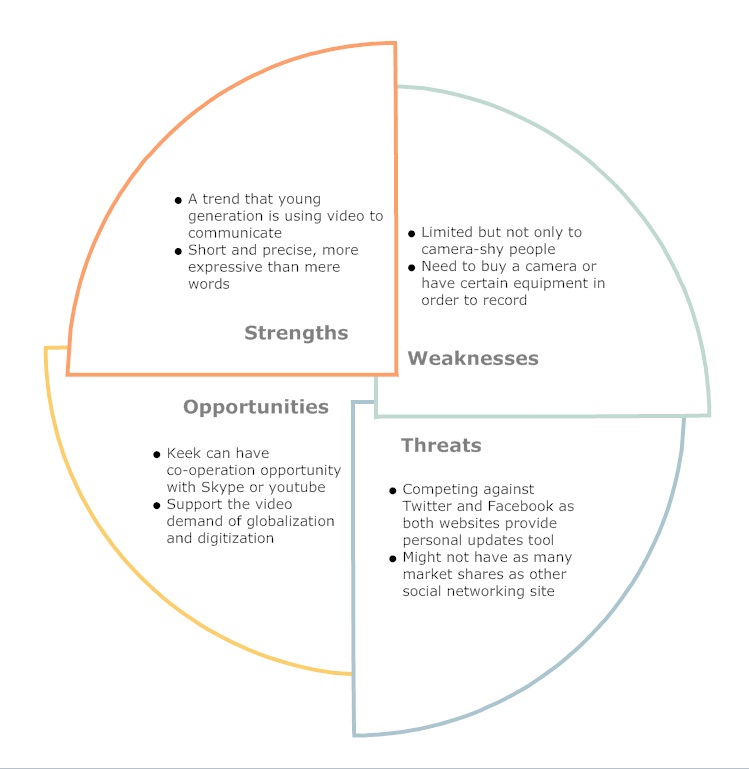Wall Street Journal Video – Is the End Near for Kodak?
Kodak borrows $160M, stock plunges

Kodak is having trouble to keep up with the digitization trend in the world. Failing to earn any revenue for 4 years and drawing down the credit line to $160 million, Kodak’s stock value plummeted as low as 54 cents on September 30, 2011. Having lose half of the value, Kodak hired a finance restructuring law firm, Jones Day, to revise future plan such as selling patents and announce bankruptcy as the last straw.
For Kodak’s future growth, we should refer to the 3 main questions which we have discussed in class:
1) How do we leverage their opportunies?
As smart phones are also a trend nowadays, I suggest Kodak to have business corporation with major phone supplier such as Google Inc, or Apple Inc. and generate healthy partnership.
2) How do we minimize their risks?
Try balance the deficit within the company by selling patents first, and there is also redefining the target market and products in order to catch up with the digitization world
3) What technologies should we consider?
Phone apps, multi-functional camera, higher quality digital camera
Further readings: Poison Pill




